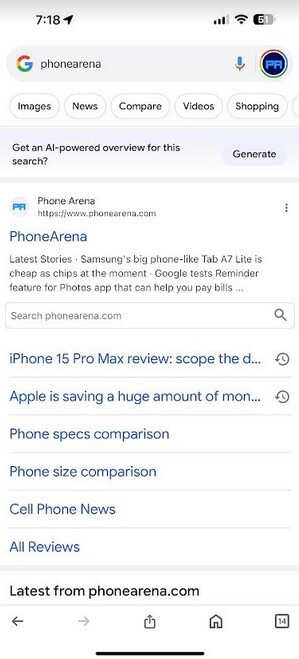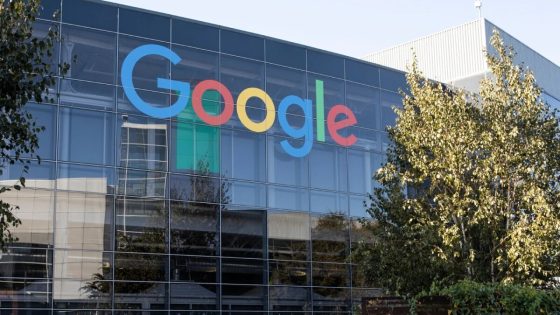Google’s litigator cringes in court after witness reveals secret data about its deal with Apple،
We have already mentioned several times that the US v. Google antitrust lawsuit revealed some interesting information about Google’s search revenue sharing with Apple and other companies. Even if such agreements have always been mentioned, the testimonies collected during the trial made it possible to draw out more precise details. For example, University of Chicago professor Kevin Murphy was on the witness stand today, and the information he testified under oath sparked a reaction from Google’s top litigator, John Schmidtlein .

Google Search is the default search engine on iPhone
Naturally, Google would want to keep this number a secret, not necessarily to prevent the public from knowing this percentage, but to keep it away from other manufacturers like Samsung who might want to renegotiate their own deal with Google if they ever found out how much Apple was receiving. And Google knew it because last week it filed a court filing claiming that revealing more information about its deal with Apple “would unreasonably harm Google’s competitive position relative to its competitors and other counterparties. .
If the DOJ wins its case and proves that Google is anticompetitive in search, it could require that the company be split into different business units.
















